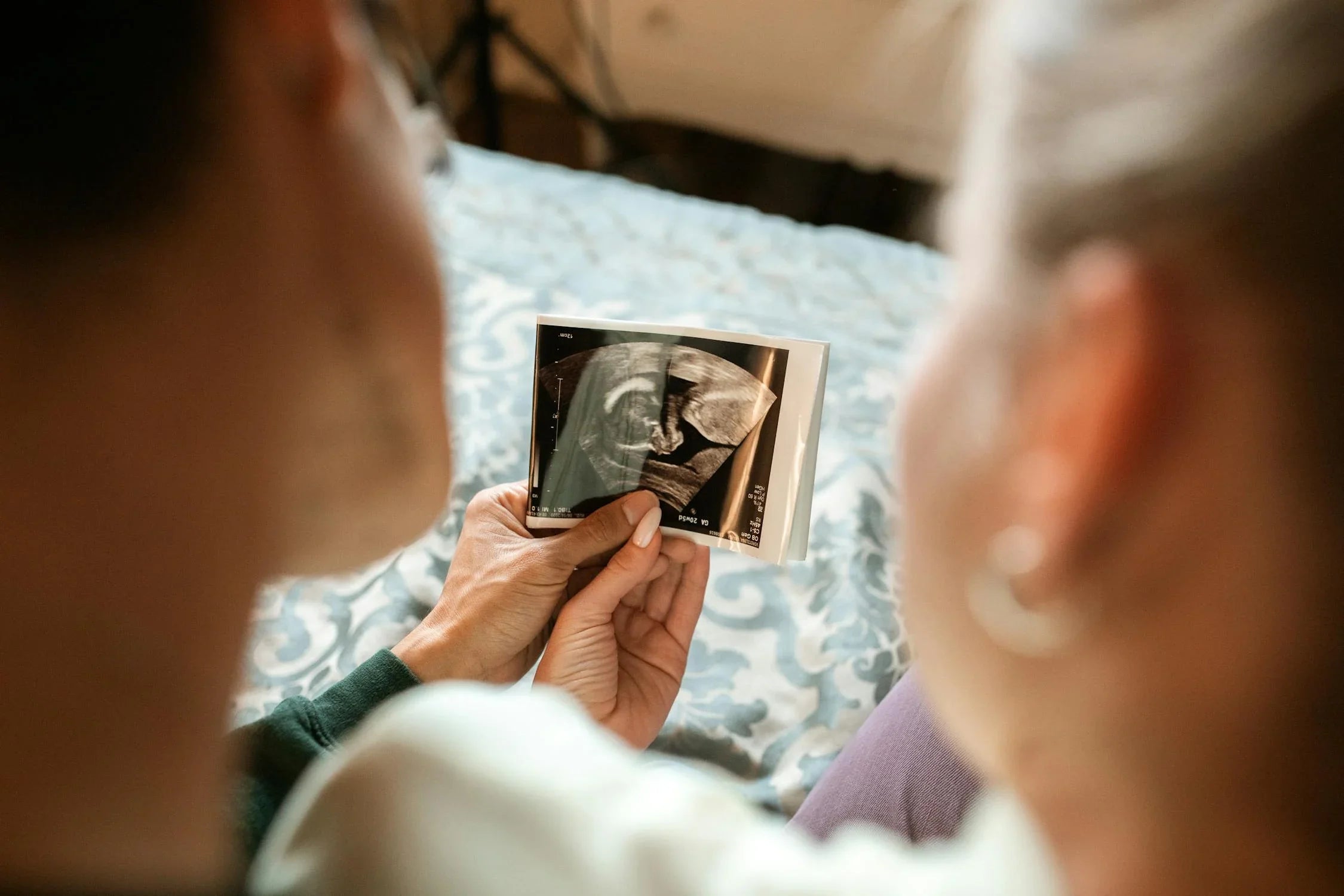Inicio
Pregnancy, Breastfeeding, and Pumping: The Ultimate Guide for Moms
How Accurate Pregnancy Test After Missed Period: What You Need to Know

How Accurate Pregnancy Test After Missed Period: What You Need to Know
When it comes to determining pregnancy, timing is everything. Many women wonder, how accurate is a pregnancy test after a missed period? The answer lies in understanding how these tests work, the factors that influence their accuracy, and the best practices for using them. This article dives deep into everything you need to know to ensure you get the most reliable results.
Understanding Pregnancy Tests
Pregnancy tests detect the presence of human chorionic gonadotropin (hCG), a hormone produced by the placenta after a fertilized egg attaches to the uterine lining. Most home pregnancy tests are designed to detect hCG levels in urine, while blood tests conducted by healthcare providers can measure hCG levels more precisely.
Types of Pregnancy Tests
There are two main types of pregnancy tests: urine tests and blood tests. Urine tests are the most common and can be done at home. Blood tests, on the other hand, are performed in a medical setting and can detect pregnancy earlier than urine tests.
How Accurate Are Pregnancy Tests After a Missed Period?
The accuracy of a pregnancy test after a missed period depends on several factors, including the sensitivity of the test, the timing of the test, and how it is used. Most home pregnancy tests claim to be over 99% accurate when used correctly after a missed period.
Sensitivity of the Test
Different pregnancy tests have varying levels of sensitivity to hCG. Some tests can detect lower levels of hCG, making them more accurate earlier in pregnancy. If you test too early, even with a sensitive test, the hCG levels might not be high enough to detect, leading to a false negative.
Timing of the Test
Testing too early can result in a false negative. It is generally recommended to wait at least one week after a missed period to take a pregnancy test. This allows enough time for hCG levels to rise to a detectable level.
Proper Usage
Following the instructions on the pregnancy test is crucial for accurate results. Using the test at the wrong time of day, not using enough urine, or misreading the results can all lead to inaccurate outcomes.
Factors That Can Affect Test Accuracy
Several factors can influence the accuracy of a pregnancy test, including:
- Medications: Certain medications, such as those containing hCG, can affect test results.
- Medical Conditions: Conditions like ovarian cysts or certain cancers can produce hCG, leading to false positives.
- Expired Tests: Using an expired pregnancy test can result in inaccurate results.
- Improper Storage: Storing the test in extreme temperatures can affect its performance.
When to Take a Pregnancy Test
The best time to take a pregnancy test is after a missed period. However, if you suspect you might be pregnant before your period is due, you can take an early detection test. Keep in mind that these tests are less accurate the earlier you take them.
Early Detection Tests
Early detection tests are designed to detect lower levels of hCG and can be used before a missed period. However, their accuracy increases the closer you get to your expected period date.
Confirming Results
If you receive a positive result, it is recommended to confirm it with a healthcare provider. They can perform a blood test or ultrasound to confirm the pregnancy.
Common Questions About Pregnancy Tests
Many women have questions about pregnancy tests, especially when it comes to accuracy. Here are some common questions and answers:
Can a Pregnancy Test Be Wrong?
Yes, pregnancy tests can be wrong. False negatives are more common than false positives, especially if the test is taken too early. False positives are rare but can occur due to certain medications or medical conditions.
How Soon Can I Take a Pregnancy Test?
You can take a pregnancy test as early as 7-10 days after ovulation, but the accuracy increases the longer you wait. Testing after a missed period is the most reliable.
What Should I Do If I Get a Positive Result?
If you get a positive result, schedule an appointment with your healthcare provider to confirm the pregnancy and discuss next steps.
Tips for Ensuring Accurate Results
To ensure the most accurate results from a pregnancy test, follow these tips:
- Wait Until After a Missed Period: Testing too early can lead to false negatives.
- Use the First Morning Urine: The first morning urine has the highest concentration of hCG.
- Follow Instructions Carefully: Read and follow the instructions on the test to avoid errors.
- Check the Expiration Date: Make sure the test is not expired before using it.
What to Do If You Suspect a False Result
If you suspect a false result, whether positive or negative, it is important to retest. Wait a few days and take another test, or consult with a healthcare provider for a blood test or ultrasound.
Retesting
Retesting after a few days can help confirm the result. If the second test is different from the first, it is best to consult a healthcare provider.
Consulting a Healthcare Provider
A healthcare provider can perform more accurate tests to confirm whether you are pregnant. They can also help identify any underlying conditions that might affect the test results.
Understanding how accurate a pregnancy test is after a missed period can help you make informed decisions about your health. By following best practices and knowing when to seek medical advice, you can ensure the most reliable results. Whether you're hoping for a positive or negative result, being informed is the first step toward taking control of your reproductive health.
Compartir
